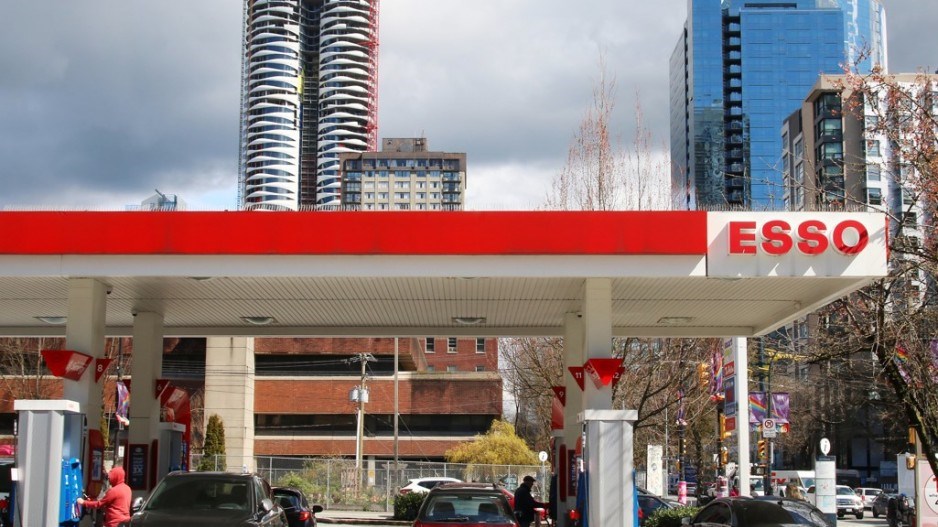In July, British Columbia’s annual inflation rate slowed to 1.7 per cent, matching the national average and a drop from 2.1 per cent in June. Core inflation measures also declined, with inflation excluding energy falling by about half a percentage point.
This slowdown was primarily driven by a significant 8.5 per cent year-over-year decrease in energy prices, with gasoline prices falling 12.1 per cent. The ongoing removal of the consumer carbon tax was a major factor in these price changes and is expected to continue until next April.
In contrast, food prices in B.C. saw an accelerated increase, rising 3.4 per cent annually in July compared to 3.1 per cent in June. This was led by a 10.1 per cent increase in fish and seafood and a 5.6 per cent rise in meat prices, partly reflecting Canada’s retaliatory tariffs.
Housing costs also edged up slightly by 0.1 percentage points to 2.7 per cent in July. This increase was driven by rent inflation, which jumped to 4.8 per cent from 3.6 per cent, offsetting lower home values and mortgage interest rates.
Elsewhere, transportation costs saw notable declines, with inter-city transport prices falling for the twelfth consecutive month, down 7.5 per cent, and public transportation costs dropping 3.6 per cent. Prices for clothing and footwear were flat, and inflation for household furnishings and equipment slowed to 0.7 per cent from 1.8 per cent.
Overall, inflation on goods slowed to 0.7 per cent in July from 1.3 per cent in June. Durable goods inflation fell to 2.6 per cent, while prices for semi-durable goods declined by 0.9 per cent. The cost of services also saw slower growth, rising 2.4 per cent compared to 2.7 per cent the previous month.
Canadian retail sales saw a hefty 1.5 per cent increase in June, reaching $70.2 billion, after a decline in the prior month. Preliminary estimates suggest a slight slowdown in July. In B.C., unadjusted retail sales surged by 10.2 per cent compared to June 2024, with year-to-date sales up 7.0 per cent.
Most retail subsectors experienced higher year-over-year sales, with the exception of gasoline stations, likely due to lower fuel prices. The largest gains were seen in motor vehicle and parts dealers (25.3 per cent), sporting goods (26.3 per cent), and building materials and garden supplies (12.6 per cent). Sales at health and personal care retailers rose by 11.4 per cent, and food and beverage sales increased by 2.8 per cent.
In the Vancouver metro area, sales were up two per cent month-over-month (seasonally adjusted) and 12 per cent year-over-year (unadjusted).
Bryan Yu is chief economist at Central 1.



